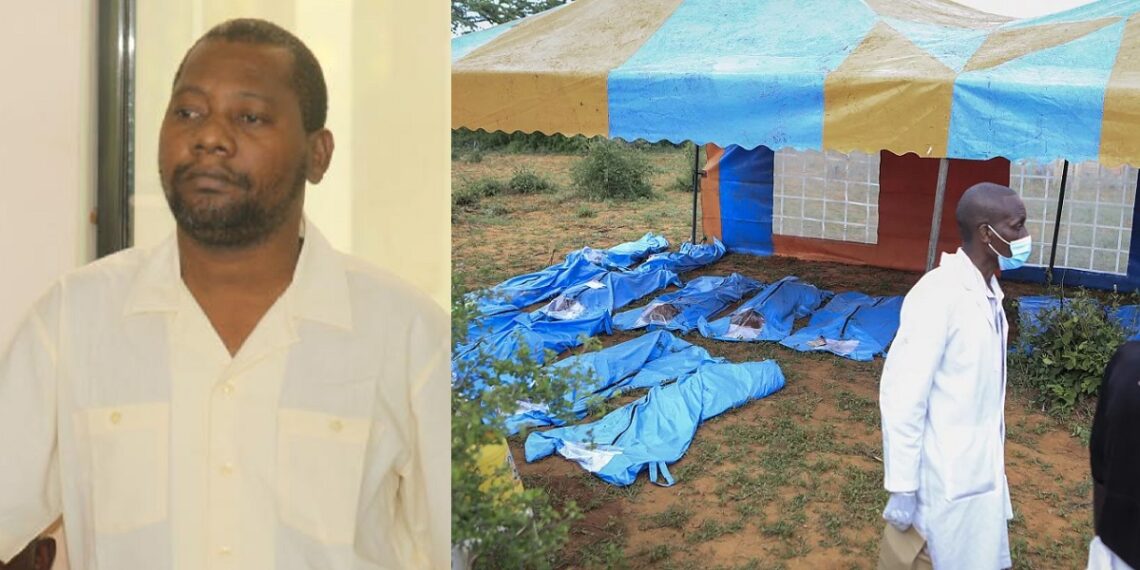Kenyan government bans churches over starvation and murder of members

Kenyan authorities have banned five churches, including one led by a pastor who is accused of inciting more than 400 followers to starve themselves to death. The ban was announced in a government document released on Friday.
The Associations Registration Office said the license of self-proclaimed pastor Paul Nthenge Mackenzie’s Good News International Church had been cancelled on May 19.
The self-proclaimed pastor had urged followers of his movement to fast until death in order to “meet Jesus”, a case which shocked Kenyans after the discovery of corpses in the Shakahola forest near the coastal town of Malindi.
To date, 425 bodies have been found in this forest.
Although most of the victims died of starvation, autopsies have also revealed that some, including children, were strangled, beaten or suffocated.
The authorities have also banned four other churches, including the New Life Prayer Centre and Church run by Mackenzie-linked televangelist Ezekiel Odero.
Odero is under investigation on charges of murder, aiding suicide, radicalization and money laundering.
His arrest in April followed the discovery of human remains in the Shakahola forest.
Prosecutors linked the two preachers, but Odero was released on bail in May, while last week a court extended Mackenzie’s detention by 47 days pending further investigation.
A predominantly Christian country, Kenya is faced with the uncontrolled proliferation of churches and sects whose unscrupulous leaders border on criminality.
Previous attempts by the government to control these movements have met with fierce opposition, with critics denouncing a breach of constitutional guarantees concerning the separation of church and state.
There are 4,000 registered churches in Kenya, a country of 53 million inhabitants, according to government figures.
Many, led by charismatic pastors, preach the so-called prosperity gospel, calling on the faithful to make substantial donations to their church in return for the promise of an improvement in their own financial situation.





